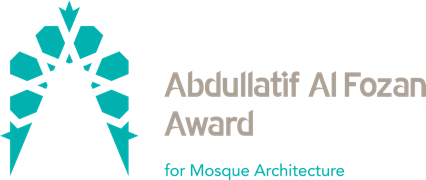
The Mosque and its role in Sri Lankan Society
Date Added
26/06/2022
Content Type
Documentary
Category
Other
Link to Content
Subject Area
Mosques
Author
"Gafoordeen Nagoor "
Publisher Name
Gafoordeen Nagoor
Year of Publication
2020
Description
Masjid Nabavy in Madinah has defined a series of functions and carried out by the Prophet as a place of worship, an education and dissemination hub, a place of justice, a center of empowerment, a residence where the Prophet welcomed delegates of the states and other religious leaders and also as a place of conducting cultural events. Yet, the Mosques in Sri Lanka currently have shifted from historical characters in its context of social change towards a place for conducting the only religious events as performing prayers. But, few of them are operating as institutions for empowering people. Some of them have initiated efforts to build interactions with the local community to empower local potentials. This study aims to find the root causes challenging Mosques to be a central place in assembling the community on difficulties interrelated to the development of the nation. In order to identify the reality and to gain a clear understanding of prevailing practical social issues, a number of meetings and discussions were conducted with focus groups; Muslim clergies, intellectuals, and the members of the board of trustees in the Udunuwara Divisional Secretariat. It was clearly understood that there is a drive for "separation" of the functions, either from the community towards Mosques or from Mosques towards the community. It was difficult to change the attitude of people as a midpoint for community empowerment. In the meantime, three key challenges are identified to regenerate the role and task of the Mosques as follows: development of the Mosque has been determined on the physical development as an artistic expression of religious culture or to expand building capacity. Consequently, efforts of the management have been devoted to construction, not to consumers' mandates. The attitude of Mosque activists in common is still traditional approaches. Hence, generated funds are commonly used only for consumptive support, not for empowering the poor. The resources of sermon or oration are generally focused the religious policies, not empowerment principles. Therefore, the improvement of the value of religious messages should be highlighted.





